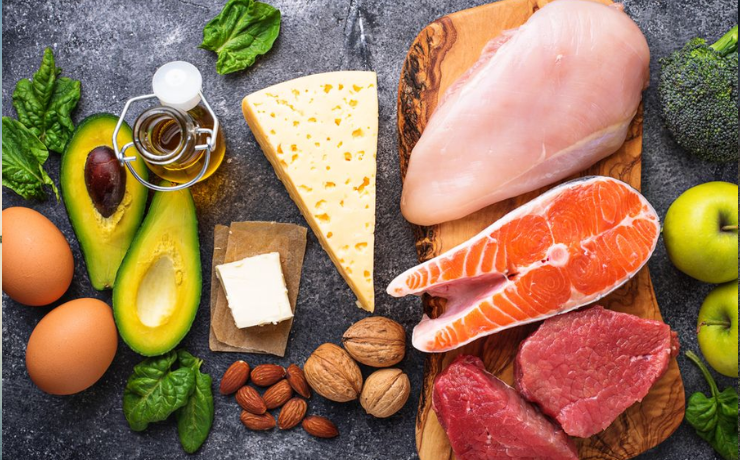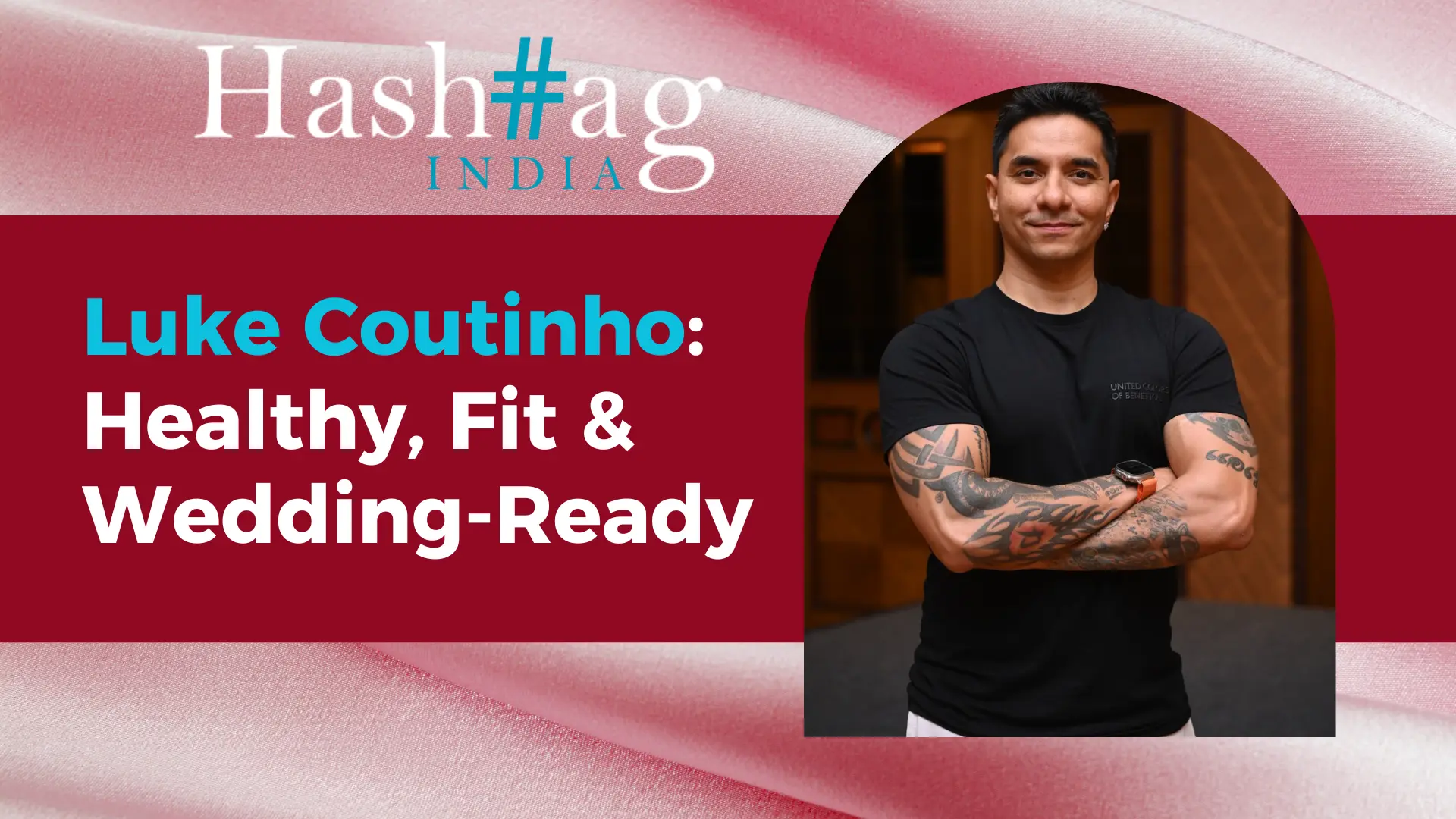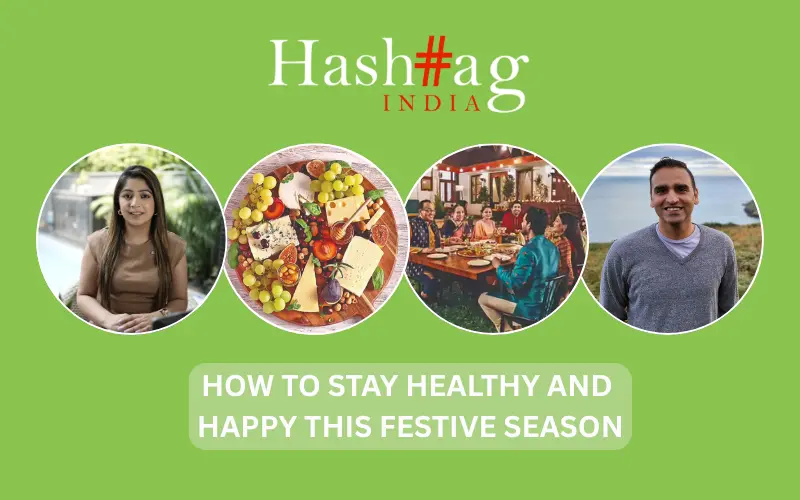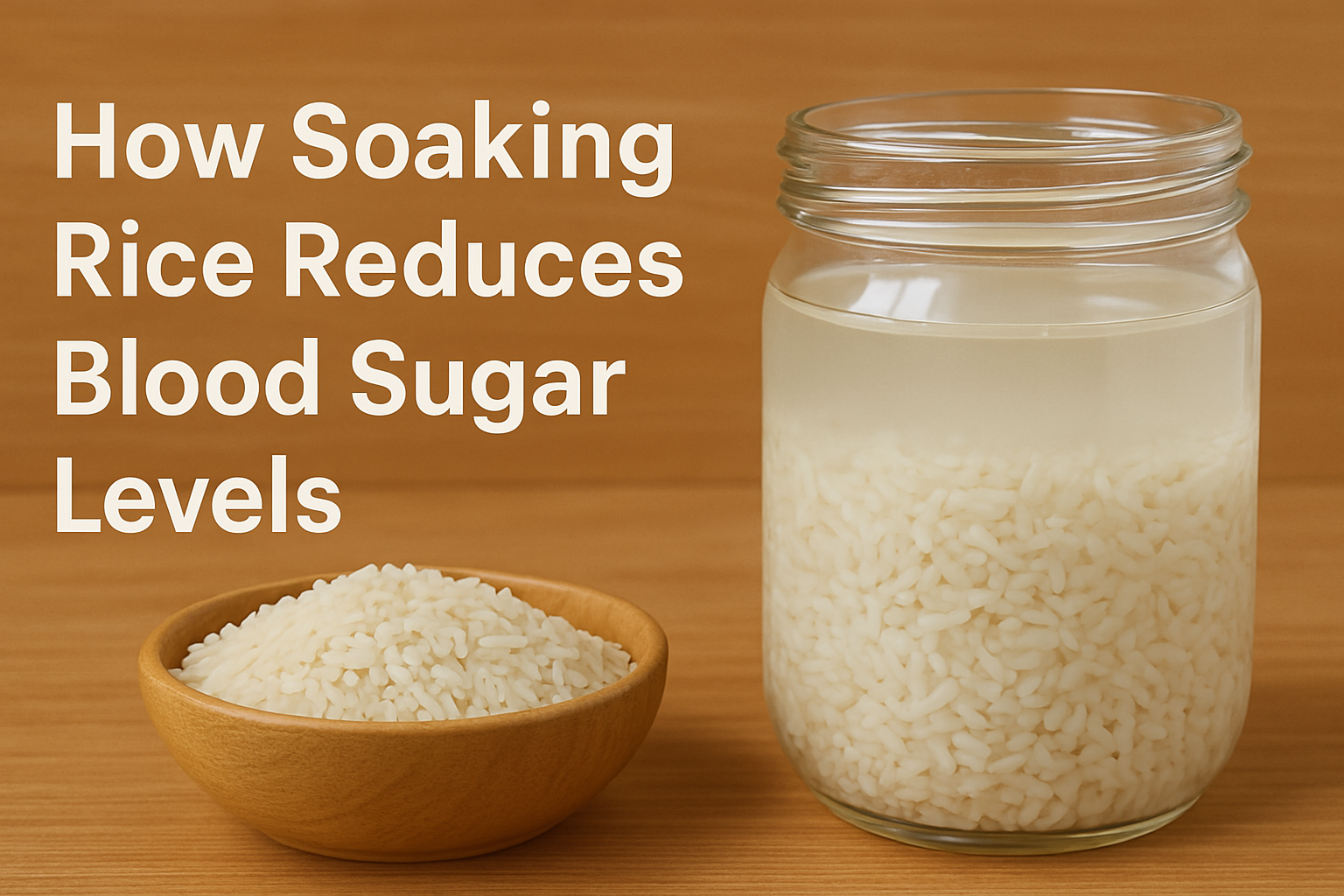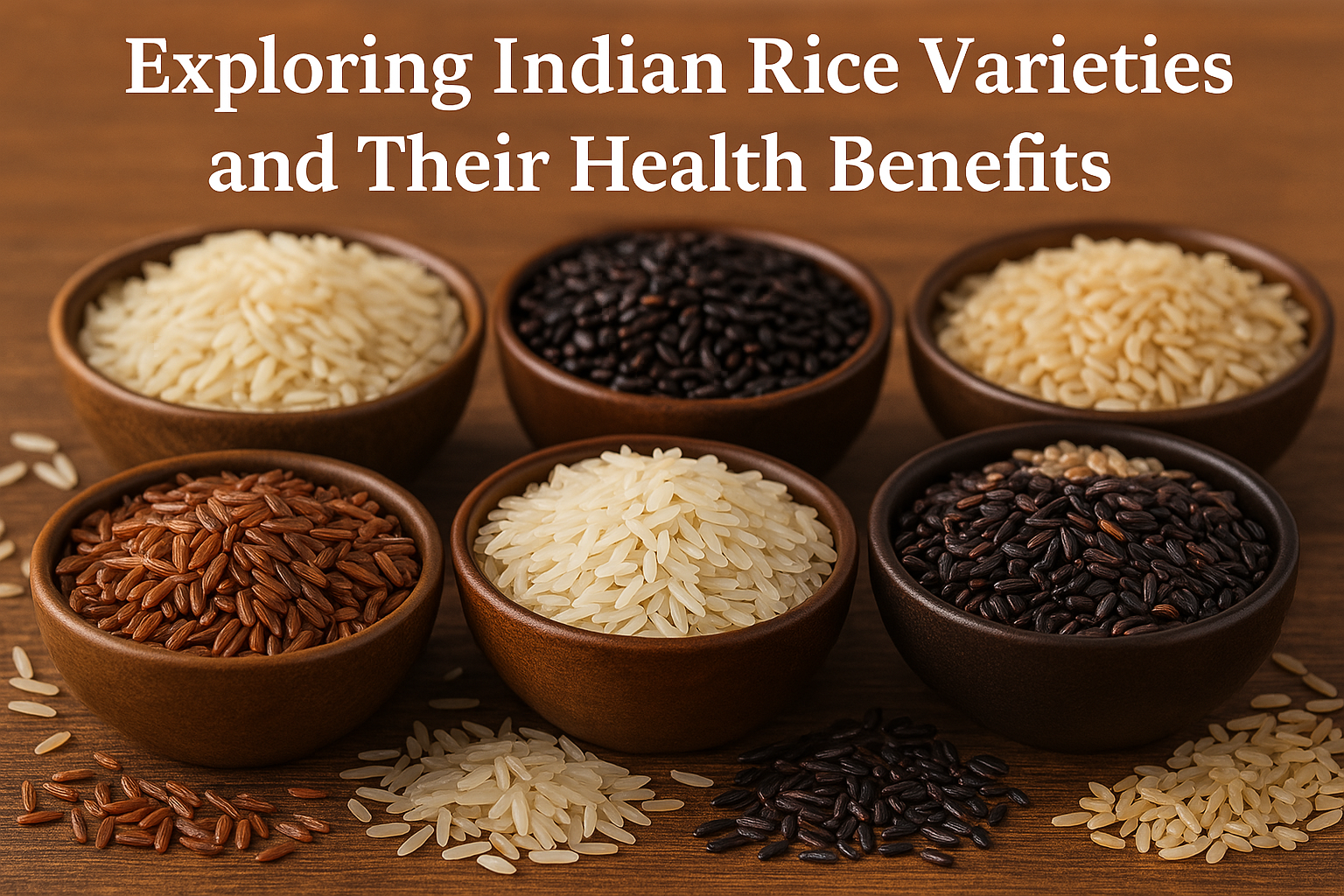Gaining weight can be just as challenging as losing weight. While exercise plays a significant role in weight gain, your diet also has a crucial impact. That is why it is important to incorporate high-calorie foods into your diet. High-calorie foods not only increase your calorie intake, but they also provide your body with the nutrients it needs for overall health. Dhanush Kumar lists the best foods for weight gain and health improvement.
1. Nuts
Nuts are a great snack option for those looking for weight gain. They are high in healthy fats, proteins, and calories. To get the best benefits of the nuts, try to eat unsalted, raw, or dry roasted nuts rather than sugar or oil-coated ones. They help to reduce inflammation and decrease the risk of blood clots that can lead to heart strokes.
2. Avocado
Avocados are one of the best foods for weight gain. They are an excellent source of healthy fats and fibre. They are also high in potassium and can help to reduce the risk of heart disease. Try to eat avocados in their natural form, like the sliced ones. Avocados support heart health and lower cholesterol. They also keep your eyes healthy.
3. Ghee
Ghee or clarified butter is the best food for those who are looking to increase their weight. It is high in calories and healthy saturated fats. Ghee can be used for cooking, and you can add them to dal, or use it as a dip for bread. Make sure that you look for pure, grass-fed ghee to get the best benefits. Ghee is also helpful in strengthening your immune system.
4. Nut butter
Nut butter is the best and most tasty way to add healthy fats and calories to your regular spread. They can be spread on toast, or you can mix them into smoothies and also as a baking ingredient. Some popular nut butters are peanut butter, almond butter, and cashew butter. Nut butter keeps the cholesterol in check and the fibre keeps you feeling full and energized.
5. Cheese
Cheese is one of the high-calorie foods and they are a great source of protein and calcium. Cheese can be added to sandwiches and crackers, or you can use them as a topping for other dishes as well. Cheese is high in Vitamins A, D, K, and Zinc and they contribute to bone health and ease inflammation.
6. Whole Milk
Whole milk is higher in calories and fat than skim milk and is a good choice for those looking to gain weight. Whole milk can be consumed on its own, and you can add it to smoothies or use it in cooking. Drinking whole milk can help increase calcium intake and other essential vitamins and minerals.
7. Almonds
Almonds are a popular snack in India, and they are high in healthy fats, proteins, and calories. Almonds can be consumed directly, used as a topping for oatmeal, or ground into almond butter. By consuming Almonds daily, your bones will get stronger, and your blood sugar control will get better. To get the best benefits, take unsalted, or raw almonds.
8. Red Meat
Red meat like pork, lamb, and goat are high in protein and fat. They are a very good option for weight gain. You can grill them, and bake them, or you can also add them to the soup and stews for added flavour and nutrition. But you must limit the intake of red meat for maximum health benefits.
Conclusion
There are a variety of high-calorie foods that can aid in weight gain when consumed as part of a balanced diet and make sure that you combine it with regular physical activity to maintain a healthy lifestyle.

